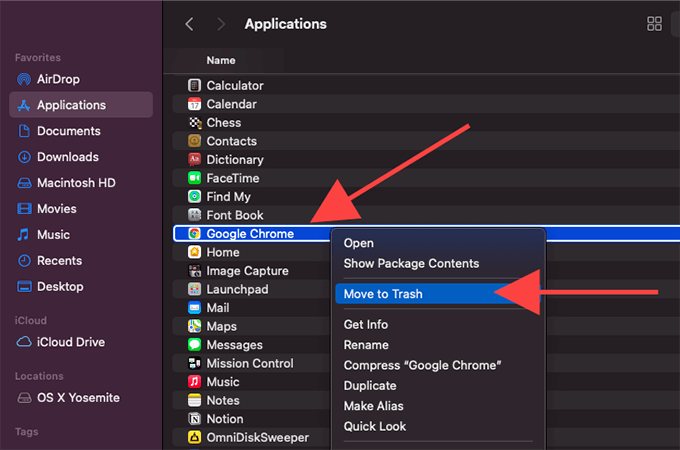

Google calendar freezes in chrome for mac password#
If the website is not on the safe-list, Chrome checks the URL anonymously with Google (after dropping any username or password embedded in the URL) to find out if you're visiting a dangerous site. "When you visit a website, Chrome checks it against a list stored on your computer of thousands of popular websites that are known to be safe. The company says that users have nothing to fear, as all URLs will be anonymized. Turning both options on enables real-time Safe Browsing.Įnabling this feature also means that you're OK with sending your web browsing history to Google. Option 2 gives Chrome permission to send URLs to Safe Browsing servers. Option 1 in the image below denotes that Safe Browsing is enabled. Starting today, with the release of Chrome 79, Google says Chrome will get a new option in the "Sync and Google services" section that will allow users to enable the scanning of bad sites in real-time. However, Google says that in recent months, threat actors have been changing sites and domains at a faster pace, taking advantage of this 30-minute delay. When a user visits a site, Chrome checks the URL against this list of known bad sites, which is stored locally inside all users' browsers. Through this tool, Chrome downloads a list of known bad sites once every 30 minutes. If they have been compromised, we strongly encourage you to change your password.įor years, Chrome has featured a security setting known as the Safe Browsing API. Only you discover if your username and password have been compromised.In order to make this computation more efficient, Chrome sends a 3-byte SHA256 hash prefix of your username to reduce the scale of the data joined from 4 billion records, down to 250 records while still ensuring your username remains anonymous. This allows us to compare your encrypted username and password with all of the encrypted breached usernames and passwords, without revealing your username and password, or revealing any information about any other users' usernames and passwords. In order to determine if your username and password appears in any breach, we use a technique called private set intersection with blinding that involves multiple layers of encryption.No one, including Google, is able to derive your username or password from this encrypted copy. When you sign in to a website, Chrome will send a strongly hashed copy of your username and password to Google encrypted with a secret key only known to Chrome.Whenever Google discovers a username and password exposed by another company's data breach, we store a strongly hashed and encrypted copy of the data on our servers with a secret key known only to Google.In a blog post published today, and shared with ZDNet, Google explained how this process works, in greater detail: Once enabled, the feature will let users know for what websites they're using passwords that have been previously leaked online, and prompt the user to change them. To use it, Chrome users must be logged in their Google account inside Chrome. Starting with Chrome 79, released today, the Password Checkup utility has been integrated into Chrome itself. Until today, Password Checkup was only available as a separate Chrome extension or a section in the Google web dashboard. Password Checkup is an online service through which Google takes all your Chrome-synced passwords and checks to see if any have leaked via breaches at other online services. Let's go over each of these new features in greater depth, one by one.

This release comes with security and bug fixes, but also with new features such as built-in support for the Password Checkup tool, real-time blacklisting of malicious sites via the Safe Browsing API, general availability of Predicitive Phishing protections, a ban on loading HTTPS "mixed content," support for tab freezing, a new UI for the Chrome Sync profile section, and support for a back-forward caching mechanism. Google has released today Chrome 79 for Windows, Mac, Linux, Chrome OS, Android, and iOS users.


 0 kommentar(er)
0 kommentar(er)
